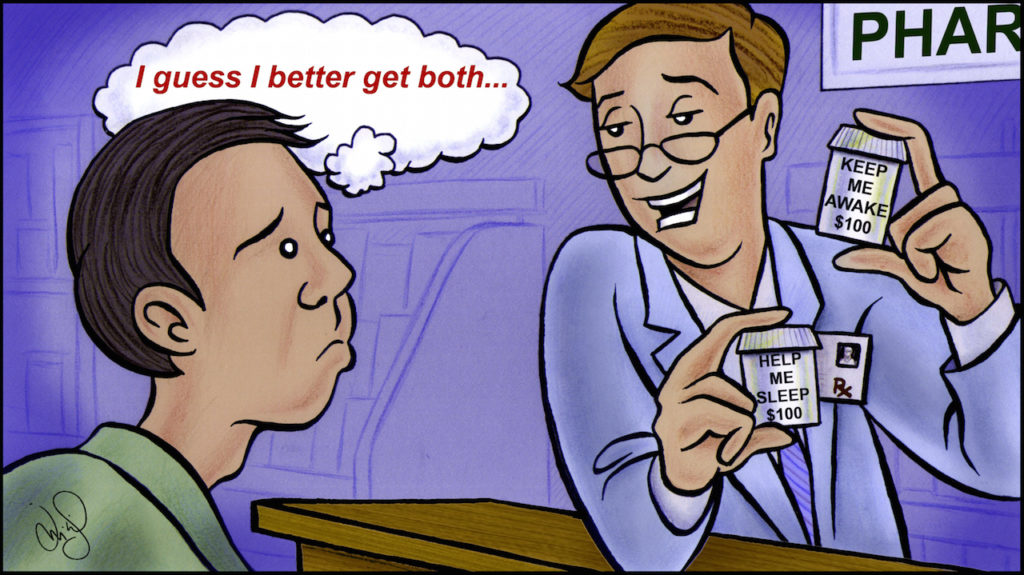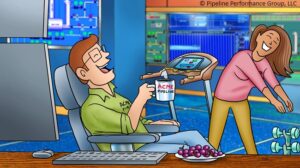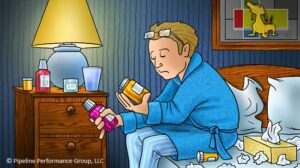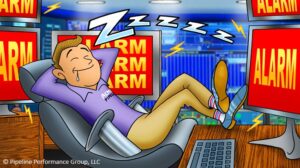The sleep industry is a big business in the United States. IMS Health estimates that spending on pills, products, medical devices, “sleep consultants,” deluxe bedding, and other products could total over $32 billion in 2012. A NPR story cited a source that over 40 million prescriptions for sleeping pills were written in 2011. The statistics on the sales of energy drinks and over the counter mental alertness aids indicate that Americans spend similar amounts on substances to keep us alert and substances to help us sleep. The alertness industry is also a big business.
Are we trapped in a vicious cycle of pharmaceuticals in order to stay awake when necessary and to sleep when we have an opportunity? Are we like Sara, a waitress and undergrad student, who alternates between drinks that aid sleep and alertness (Neuro Sleep and 5-Hour Energy, respectively) when the time is right? “I need something during the day” to stay energized, she told me, “but it’s hard to fall asleep after I’ve been waitressing.” Sara said that most of her friends also jump back and forth between energy products and sleep aids to compensate for “too much to do.” business.time.com/2013/01/28/
There have been times years ago when I have used NoDoz and Jolt Cola to stay awake when I should have been asleep. Those experiences were enough to convince me to avoid everything but caffeine. Last year I stopped drinking coffee, so my alertness aid is now tea. Actually, my alertness aid is an adequate amount of sleep. If I do not sleep well one night, I go to bed earlier the next night or take a nap.
It appears that prescription sleep aids can do about as much harm as they help most people. Over the counter sleep aids should be used with caution. I tried melatonin last year after some colleagues touted its advantages as a sleep aid. It did not seem to affect the quality or quantity of my sleep according to my sleep tracker results. I am better off doing these things to aid my sleep: exercise about 30 minutes most days, avoid caffeine after 4pm, avoid a heavy meal after 6pm, and stop using my computer or electronic devices at 9pm.
Here is my advice:
- Stop thinking there is “too much to do” and go to sleep.
- If you have health or shiftwork issues that are disturbing your sleep, consult with your personal doctor or a sleep specialist. That is better than trying over the counter aids.
- Research the potential side effects of alertness aids and sleep aids. For people in safety-critical jobs, those side effects can cause problems on the job.
- If you use them at all, these substances should be for temporary use. If your sleep problem lasts longer than a few days, seek help from a doctor.
- Do not mix alcohol and sleep aids. The alcohol can increase the sedative effects.
- If you have existing health conditions, be cautious about any interactions with your medicines.
- Turn off your devices at least one hour before your sleep times.
This is the 60th managing fatigue article that Pipeline Performance Group has published and distributed. It is nice to hear from pipeliners who find the articles helpful with the challenges of shiftwork and fatigue management. Some of our clients use the articles as an integral part of their fatigue education program, because we know that a regular, different, and brief message is more valuable than a once a calendar year online course with the same content over and over again.




